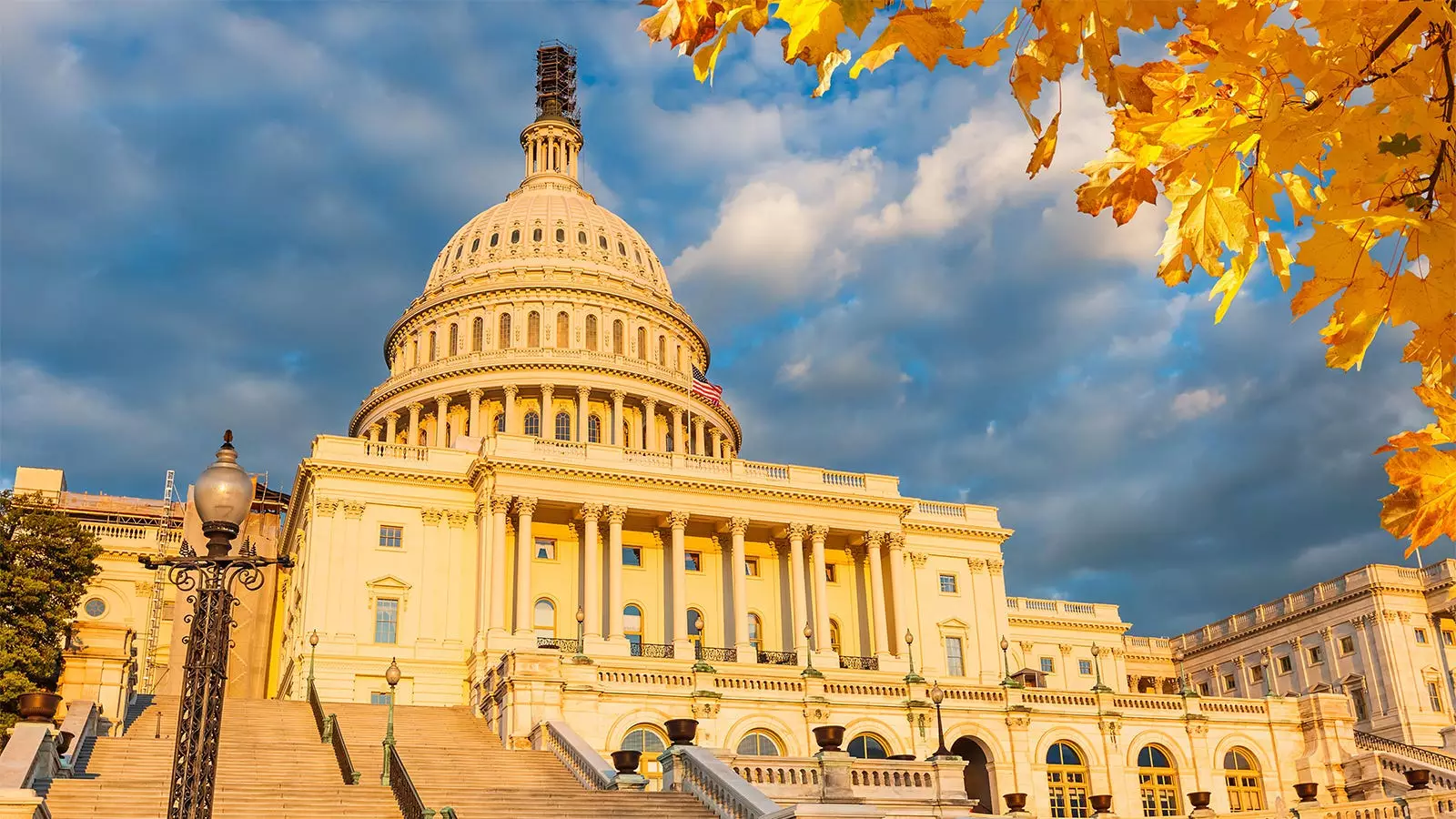In recent weeks, a significant uproar has emerged from members of the U.S. House of Representatives concerning proposed cuts to the Medicare Physician Fee Schedule (MPFS). A bipartisan coalition of 233 members has vocalized strong concerns regarding a potential 2.8% reduction, which they argue would exacerbate the already fragile state of the healthcare sector. Their collective letter, steered by respected representatives from both parties, illustrates the dire need for legislative intervention not just to halt impending cuts, but also to implement systemic reforms to ensure sustainable physician payments moving forward.
On October 11, representatives Mariannette Miller-Meeks (R-Iowa) and Jimmy Panetta (D-Calif.) spearheaded a letter addressed to key congressional leaders, including House Speaker Mike Johnson and Minority Leader Hakeem Jeffries. In it, they outlined critical concerns about cuts that have persisted for five consecutive years, thereby painting a grim picture of the future of healthcare provision in the U.S. The rising angst over budgetary constraints stems from the reality that these constant payment reductions limit physicians’ ability to deliver comprehensive care, and ultimately jeopardize patient access to essential services.
The letter highlights that unless a new law is passed, these cuts will take effect on January 1, 2025. These cuts reflect an ongoing trend that has bent the arc of medical financial viability considerably over the last two decades, with Medicare payments plummeting by 29% when adjusted for practice-related expenses. Such a downward spiral has prompted many healthcare systems to choose between critical investments in patient care and maintaining operational stability.
The ramifications of budgetary cuts extend far beyond financial metrics; they affect care quality and physician morale. Reports reveal that many medical groups have had to resort to hiring freezes and postpone vital system improvements due to financial constraints. This has led to stagnation within medical practices, which hinders the transition to more effective, value-based care models. The inability to innovate and adapt further emphasizes the inefficiencies of the current Medicare payment structure.
Moreover, the compliance frameworks put in place, such as the Merit-based Incentive Payment System (MIPS), are described by healthcare leaders as both cumbersome and ineffectual. As Dr. Bruce Scott, president of the American Medical Association, pointed out, these additional compliance costs only deepen the unfair penalties imposed on already strained practices.
In light of these challenges, the urgent need for Congress to address the inadequacies of the MPFS cannot be overstated. The letter advocates for targeted reforms, such as revising budget neutrality requirements, updating financial thresholds to reflect current economic realities, and implementing a periodic review of practice expense components. Additionally, limiting changes to the MPFS conversion factor each year is proposed as another mechanism to stabilize physician reimbursement rates.
Physician advocacy groups have voiced their alignment with the sentiments expressed in the letter. As Dr. Deborah Dyett Desir, president of the American College of Rheumatology, stated, the healthcare system’s underlying payment structure is fundamentally flawed. Her assertion underscores an urgency; medical professionals expect legislative leaders to respond decisively to the growing unease surrounding financial viability in healthcare.
As Congress approaches another election cycle, the pressure mounts for leaders to act. The message from a diverse coalition of legislators is clear: proactive reform is overdue. Given the composite challenges facing healthcare providers—and by extension, patients—there is a collective responsibility for legislators to prioritize this issue. Increasing fragmentation in healthcare threatens not only the livelihood of physicians but also the quality of care that patients rely on. It is critical that lawmakers navigate their differences and collaborate to implement lasting changes to the MPFS, ensuring that the system can support quality, accessible healthcare for all Americans. Failure to act may result in an even more fragile healthcare environment than currently exists, which would ultimately put patient care and access at risk.


Leave a Reply